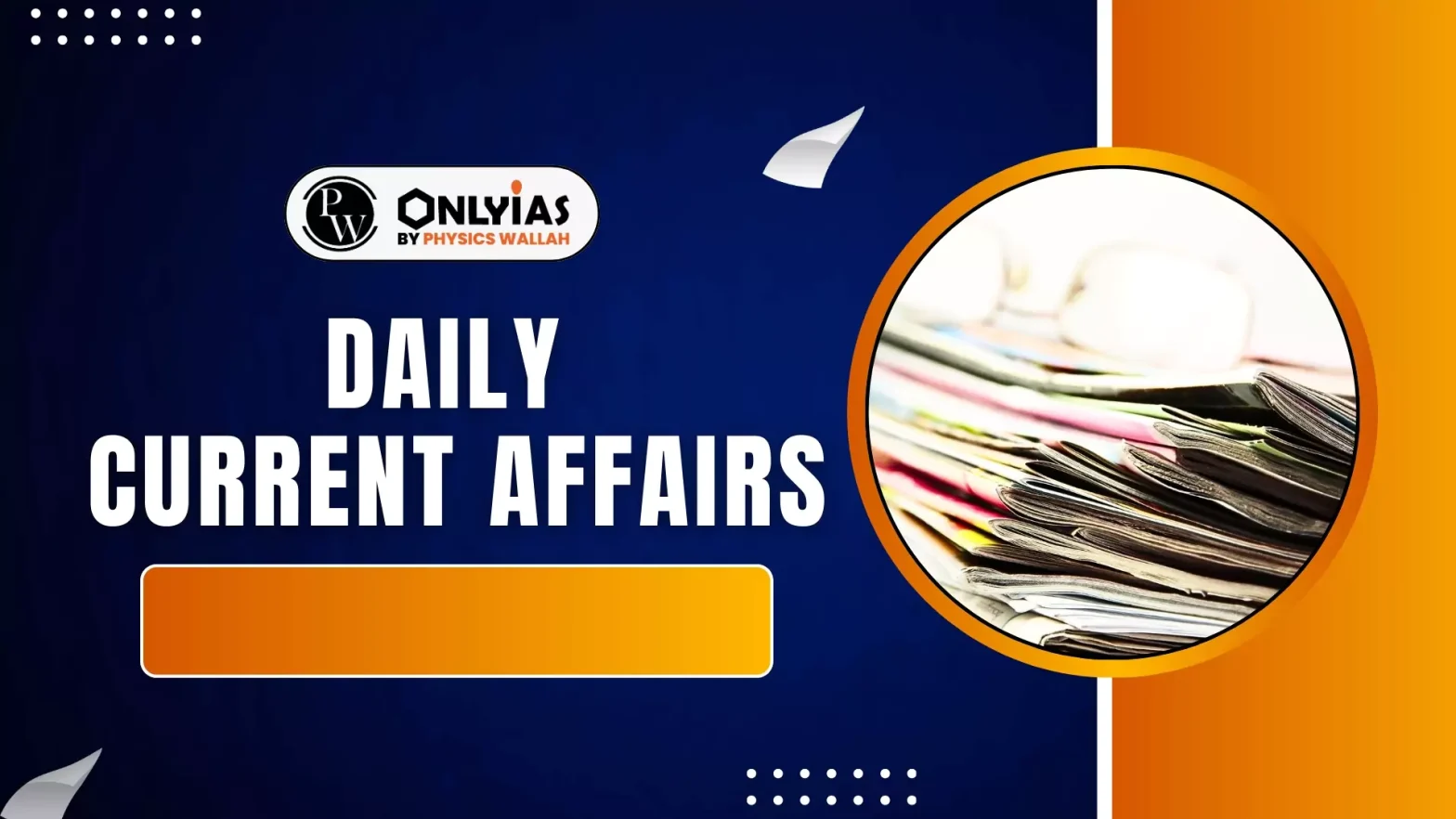![]() 17 Nov 2025
17 Nov 2025

Security Exchange Board of India’s High-Level Committee has proposed a multi-tier conflict-of-interest framework after allegations of ethical misconduct against its former Chairperson.
Key Recommendations of High-Level Committee
|
|---|
Sources of Conflict of Interest
|
|---|
What is Public Interest?
Principles to be Followed by Civil Servants in Public Interest
|
|---|
| Dimension | Actual Conflict of Interest | Potential Conflict of Interest | Perceived Conflict of Interest |
| Meaning | Personal interest is currently influencing or has already influenced official duty. | Personal interest may influence official duty in the future; risk is emerging. | The public believes personal interest is influencing decisions, even if no real conflict exists. |
| Status | Real, ongoing, and demonstrable conflict. | Hypothetical but plausible; Future-oriented. | Based on appearance, assumptions, or associations. |
| Ethical Risk | High – Directly compromises integrity, fairness, and legality. | Medium – Creates vulnerability; may evolve into actual conflict. | High – Erodes public trust even without wrongdoing. |
| Impact on Decision-Making | Leads to biased decisions, favouritism, or misconduct. | Creates hesitation, bias risk, or self-censorship in decision-making. | Undermines legitimacy of decisions and institutions due to suspicion. |
| Example | A regulator holding shares in a company they are regulating or investigating. | A regulator’s spouse is likely to take up a senior job in a company under the regulator’s jurisdiction. | A retired judge joining a political party immediately after key judgments, raising suspicion of bias. |
| Action Required | Mandatory divestment, recusal, disclosure, or removal from decision-making. | Pre-emptive disclosure, monitoring, reassignment if necessary. | Transparency, clear communication, recusal to maintain credibility. |
| Stakeholder Risk | Institutions lose integrity; direct harm to public interest. | Institutional risk accumulates; future fairness questioned. | Public trust erodes; reputation damage even without misconduct. |
Ethical Dilemma in Context of Conflict of InterestSince every conflict of interest forces a public functionary to choose between competing duties (public interest versus personal interest) it naturally creates an ethical dilemma.
|
Check Out UPSC CSE Books
Visit PW Store
A strong conflict-of-interest framework strengthens trust, enhances fairness, and ensures that governance remains uncompromised by private interests.
<div class="new-fform">
</div>